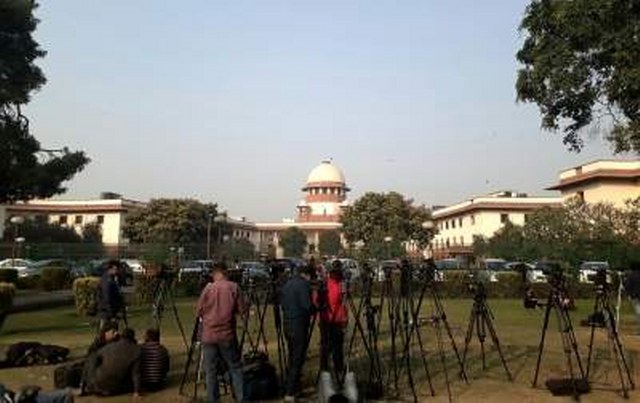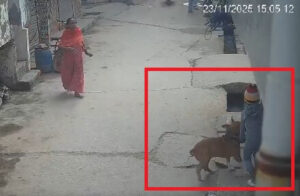SC to hear plea against polygamy, nikah halala in Jan 2020

File Photo: IANS
File Photo: IANS
New Delhi: The Supreme Court on Monday agreed to hear a plea challenging practices of polygamy and “nikah halala”, the process for a woman who wants to remarry her divorced husband, among the Muslim community after its winter break.
A bench, headed by Chief Justice S.A. Bobde and comprising Justices B.R. Gavai and Surya Kant, declined to list the matter for urgent hearing, but agreed to examine the plea in January 2020 after the winter break.
Advocate and BJP leader Ashwini Upadhyay mentioned the plea seeking directions declaring polygamy and nikah halala as unconstitutional and illegal. Querying the petitioners on the urgency to list the matter, Chief Justice Bobde said: “What is the urgency in the matter… aren’t these religious customs being followed for several hundred years?”
While the practice of polygamy is outlawed in the country, exemption is provided to the Muslim community under the Muslim Personal Law (Shariat) Application Act, 1937, which paves the way for implementation of personal law in matters connected with marriage. Similarly, nikah halala is also permitted.
The bench queried the counsel on the nature of these religious practices and how do they make up a case for urgent hearing. The counsel explained the bench that polygamy allows a Muslim man to have four wives, and under nikah halala, a Muslim woman, who intends to re-marry her husband after divorce, would have to marry another person and get divorce after consummating the marriage with the second person. Upadhyay insisted that these practices violate human rights.
“Petitioner is filing this petition under Article 32 of the Constitution seeking a writ, order or direction in the nature of mandamus to declare polygamy and nikah halala, practised in Muslim community, illegal and unconstitutional for being violative of Articles 14, 15, 21 and 25 of the Constitution,” he said in his plea.
In July 2018, the top court had referred the matter to a Constitution bench, which is seized of similar petitions. The court had tagged Upadhyay’s plea with a petition filed by a petitioner names Farzana.
In August 2017, the top court banned instant “triple talaq” among Sunni Muslims, and in March 2018, referred, to a larger bench, the batch of pleas seeking to examine the constitutional validity of polygamy and nikah halala.
Published on: Dec 2, 2019 at 20:29 IST
IANS





